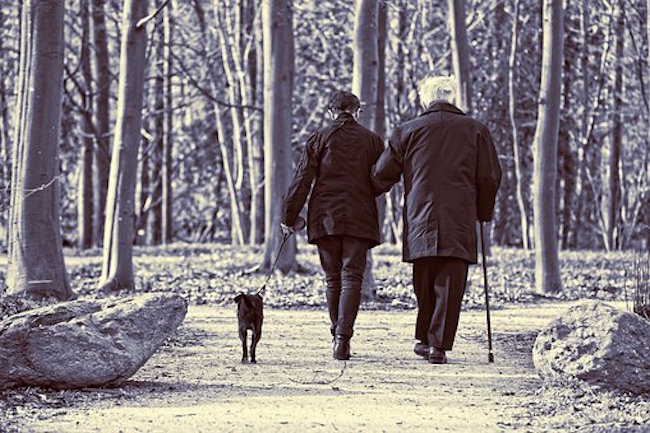Researchers Find A Single Bout Of Exercise Boosts Cognition And Memory from Natural Blaze
New study suggests exercise is good for the aging brain
Exercise seems to endow a wealth of benefits, from the release of happiness-inducing hormones to higher physical fitness. New research shows it may provide a boost to the mind too.
University of Iowa researchers have found that a single bout of exercise improves cognitive functions and working memory in some older people. In experiments that included physical activity, brain scans, and working memory tests, the researchers also found that participants experienced the same cognitive benefits and improved memory from a single exercise session as they did from longer, regular exercise.
“One implication of this study is you could think of the benefits day by day,” says Michelle Voss, assistant professor in the Department of Psychological and Brain Sciences and the study’s corresponding author. “In terms of behavioral change and cognitive benefits from physical activity, you can say, ‘I’m just going to be active today. I’ll get a benefit.’ So, you don’t need to think of it like you’re going to train for a marathon to get some sort of optimal peak of performance. You just could work at it day by day to gain those benefits.”
Previous research has shown exercise can confer a mental boost. But the benefits vary: One person may improve cognitively and have improved memory, while another person may show little to no gain.
Limited research has been done on how a single bout of physical activity may affect cognition and working memory specifically in older populations, despite evidence that some brain functions slip as people age.
Voss wanted to tease out how a single session of exercise may affect older individuals. Her team enrolled 34 adults between 60 and 80 years of age who were healthy but not regularly active. Each participant rode a stationary bike on two separate occasions–with light and then more strenuous resistance when pedaling–for 20 minutes. Before and after each exercise session, each participant underwent a brain scan and completed a memory test.
In the brain scan, the researchers examined bursts of activity in regions known to be involved in the collection and sharing of memories. In the working memory tests, each participant used a computer screen to look at a set of eight young adult faces that rotated every three seconds–flashcard style–and had to decide when a face seen two “cards” previously matched the one they were currently viewing.




